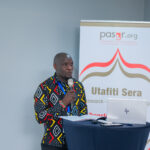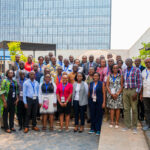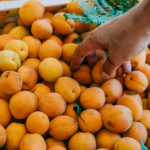- Home
- About Us
- Houses
- Urban Governance and City Transformation
- Youth Employment Creation (YEC)
- Action for Empowerment and Accountability (A4EA)
- Social Protection
- Africa Youth Aspirations and Resilience (AYAR)
- Water Governance in Kenya
- The Food Systems Transformation Project
- Food Systems Transformation (FST)
- Universal Health Coverage (UHC)
- Events
- Resources
- Contact



